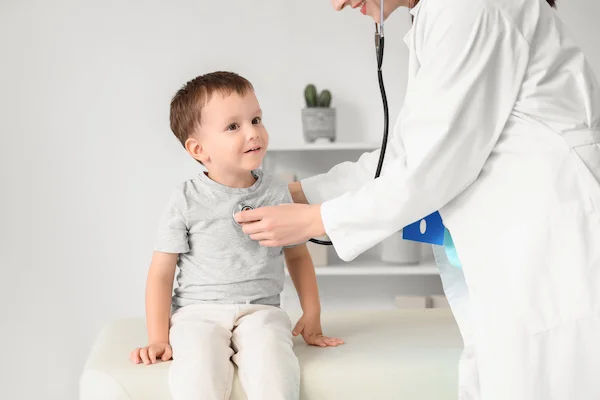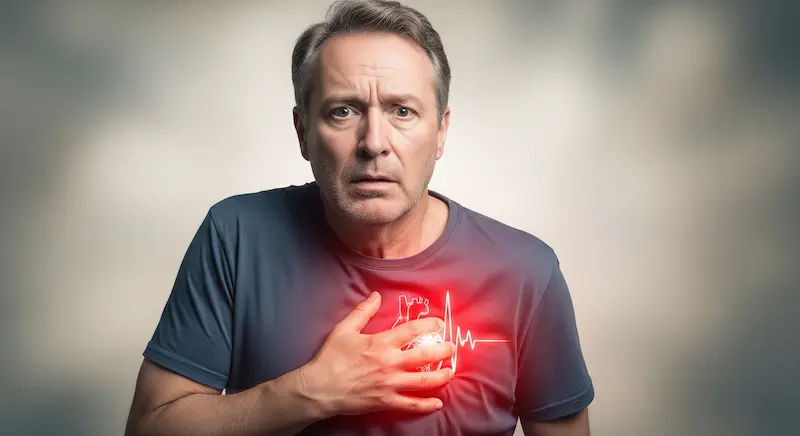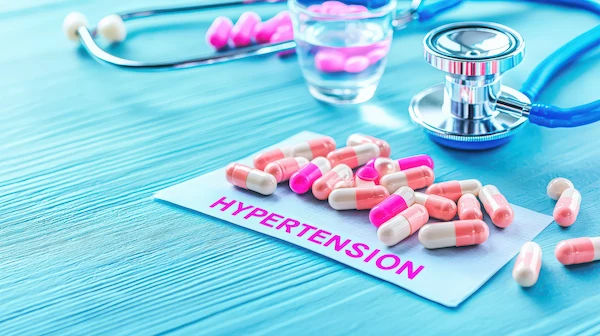- male
- 70 Years
- 31/03/2021
What are the 4 stages of heart failure?
Answered by 1 Apollo Doctors
Stage 1:Cardiac disease but no symptoms and no physical limitations in ordinary activity. Stage 2: Mild symptoms and slight limitation in physical activity. Stage 3: Siginificant limitation in physical activity due to symptoms, comfortable ony at rest. Stage 4: Severe limitaitons, symptoms even at rest.
Dr. Ranjith Suggests...
Consult a Cardiologist
Answered 04/07/2025
0
0

More Cardiology Health Queries
View allCan someone actually survive a blood pressure reading of 250 over 150 for a couple of hours? And what's the highest blood pressure our blood vessels can handle before it becomes too dangerous?
A blood pressure of 250150 is extremely high and can be life-threatening. Sustained high blood pressure can lead to serious complications such as stroke, heart attack, or kidney failure. It is important to seek immediate medical attention if you or someone else is experiencing such high blood pressure. The maximum blood pressure that blood vessels can typically withstand is around 220120. Beyond this range, the blood vessels are at risk of damage and the organs may not receive adequate blood supply. It is crucial to keep blood pressure within normal limits to maintain good health and prevent complications.
Answered by 1 Apollo Doctors
I'm 38 years old, and my blood pressure was 130 over 85. But today, it shot up to 140 over 100. I weigh 123 and my height is 5'11". Should I start taking medication for my BP? What would you suggest?
monitoring BP for 5 days is advised. Renal profile,lipid panel and ecg is advised. aso salt restricted diet is advised.
Answered by 1 Apollo Doctors
I'm a bit worried about my recent ECG analysis. It mentioned things like Normal Sinus Rhythm and Left Ventricular Hypertrophy. It also mentioned Mild STT Abnormality and Undefined Abnormal ECG. Could you help me understand what all these terms mean? Should I be concerned about any of these findings, especially the Undefined Abnormal one? Id appreciate any advice you can give.
a echo may be needed, cardiologist opinion ..
Answered by 1 Apollo Doctors
Disclaimer: Answers on Apollo 247 are not intended to replace your doctor advice. Always seek help of a professional doctor in case of an medical emergency or ailment.




